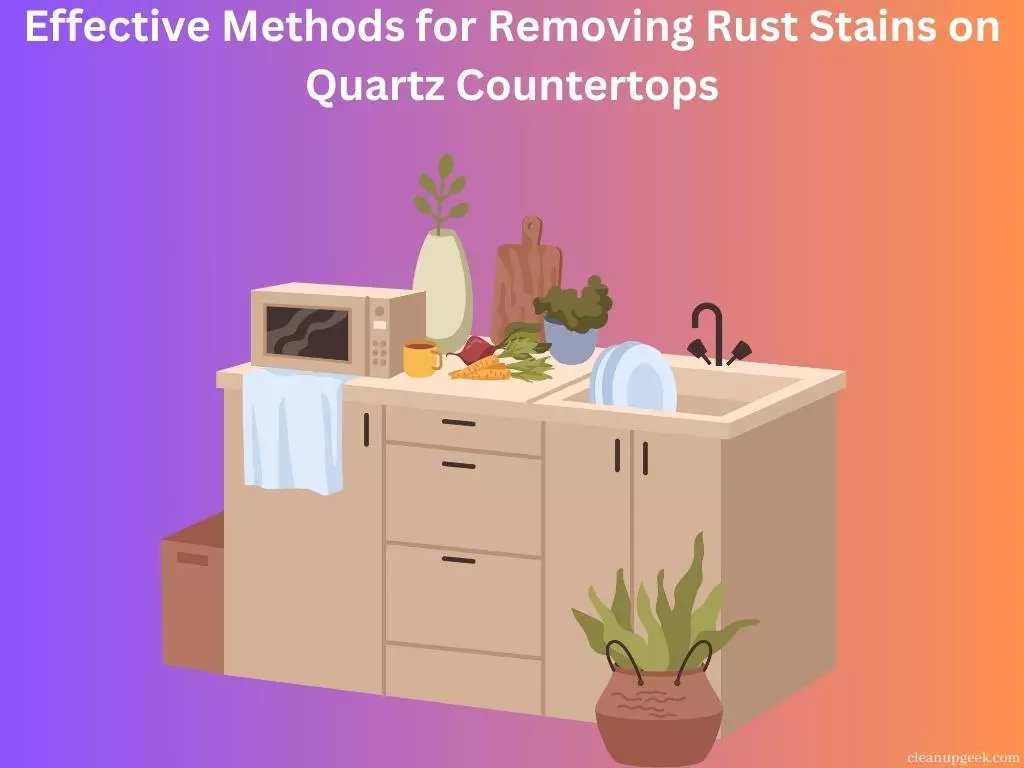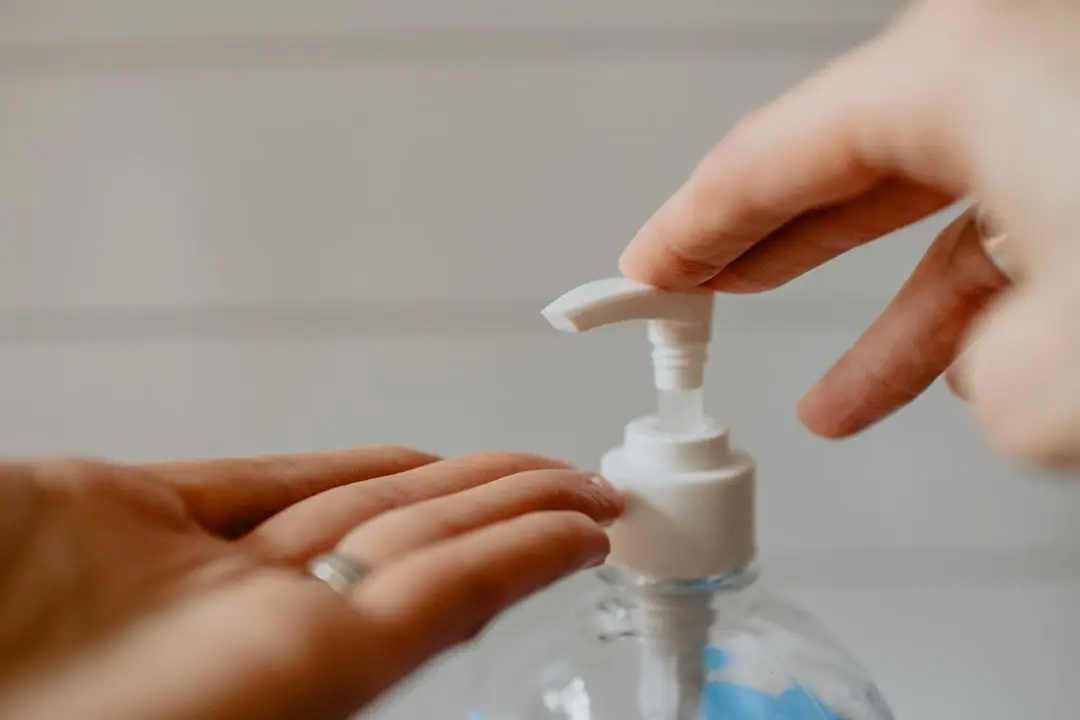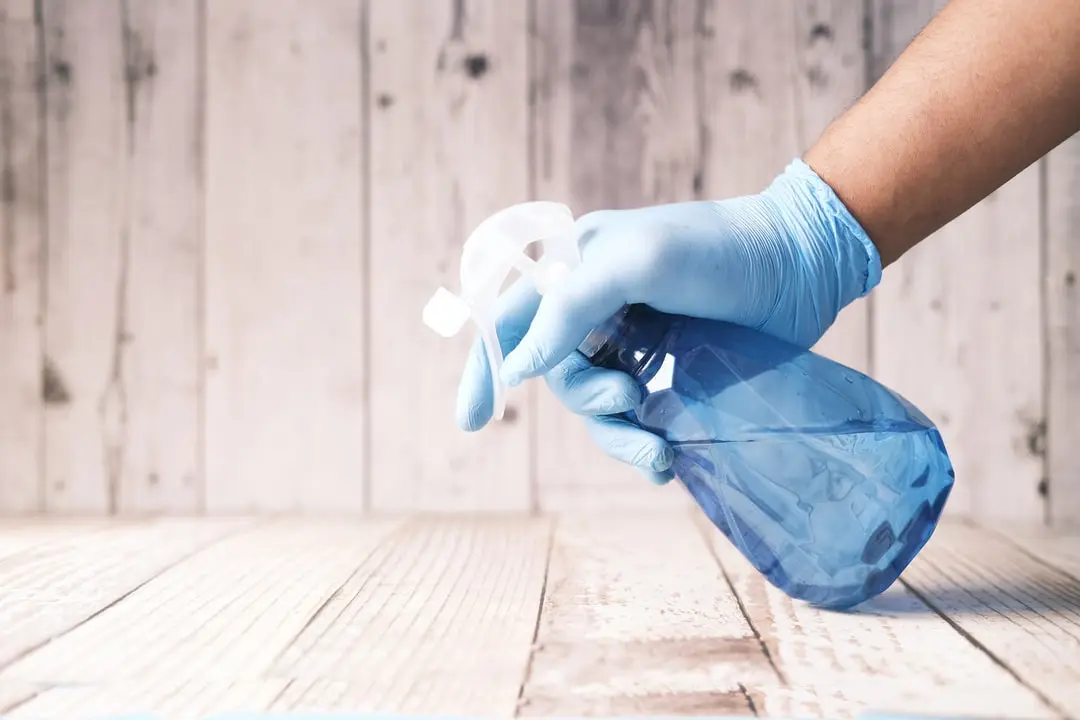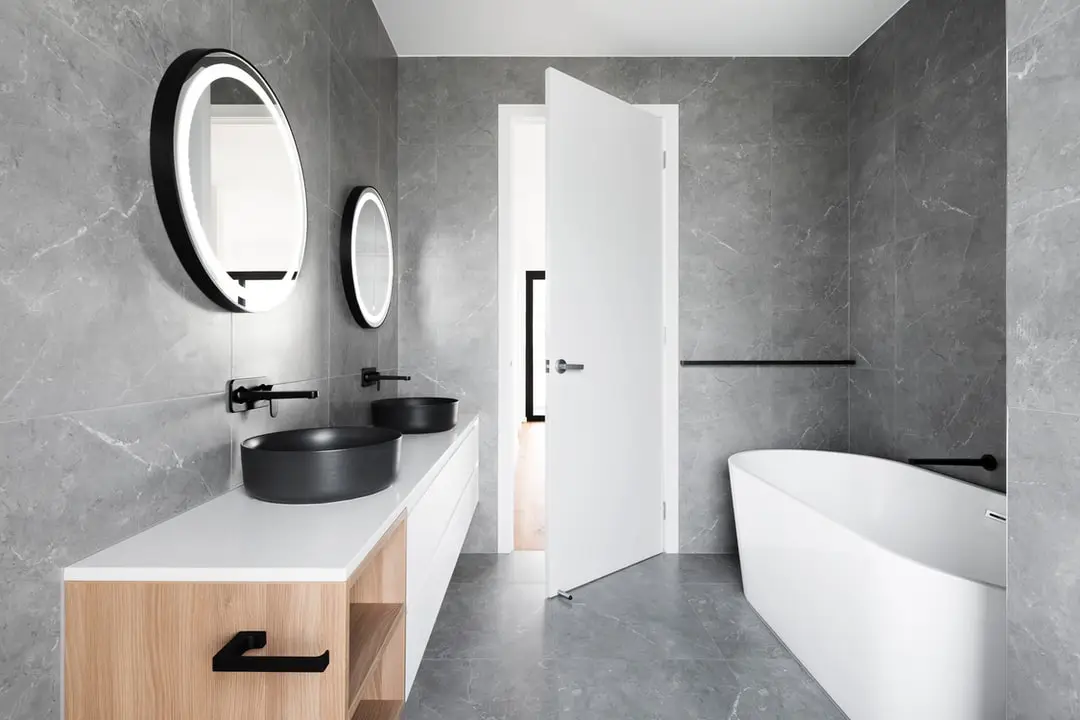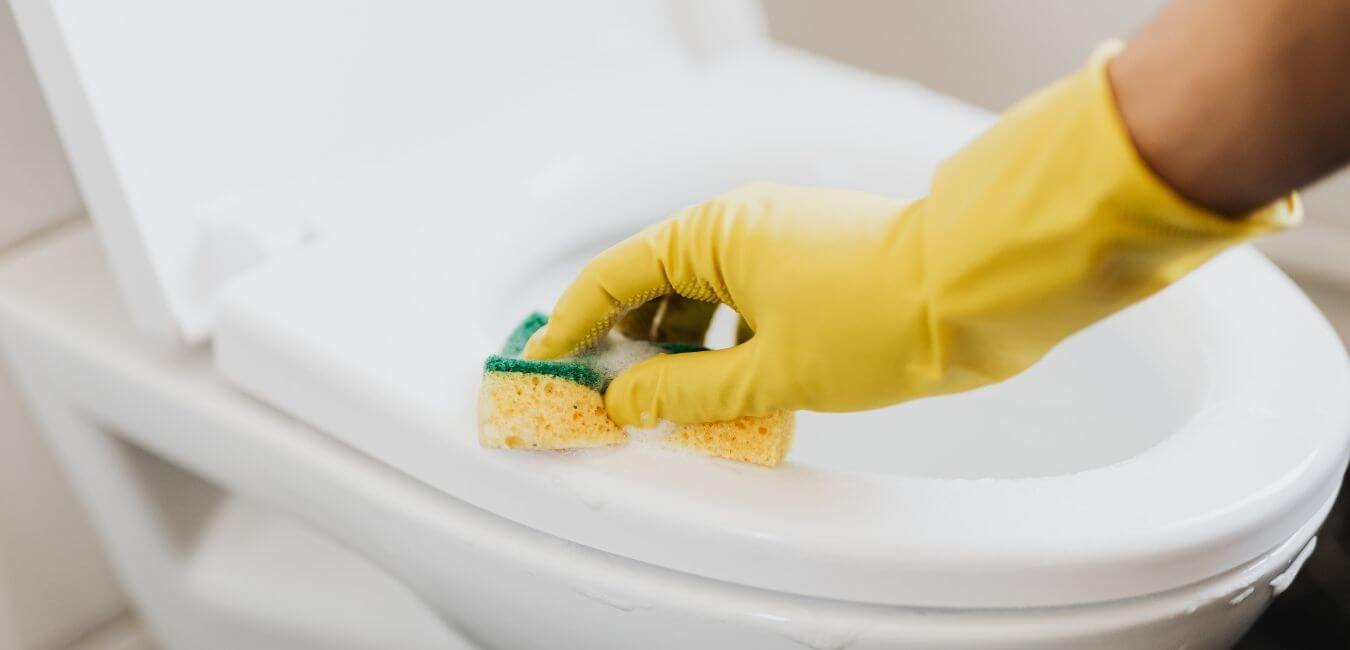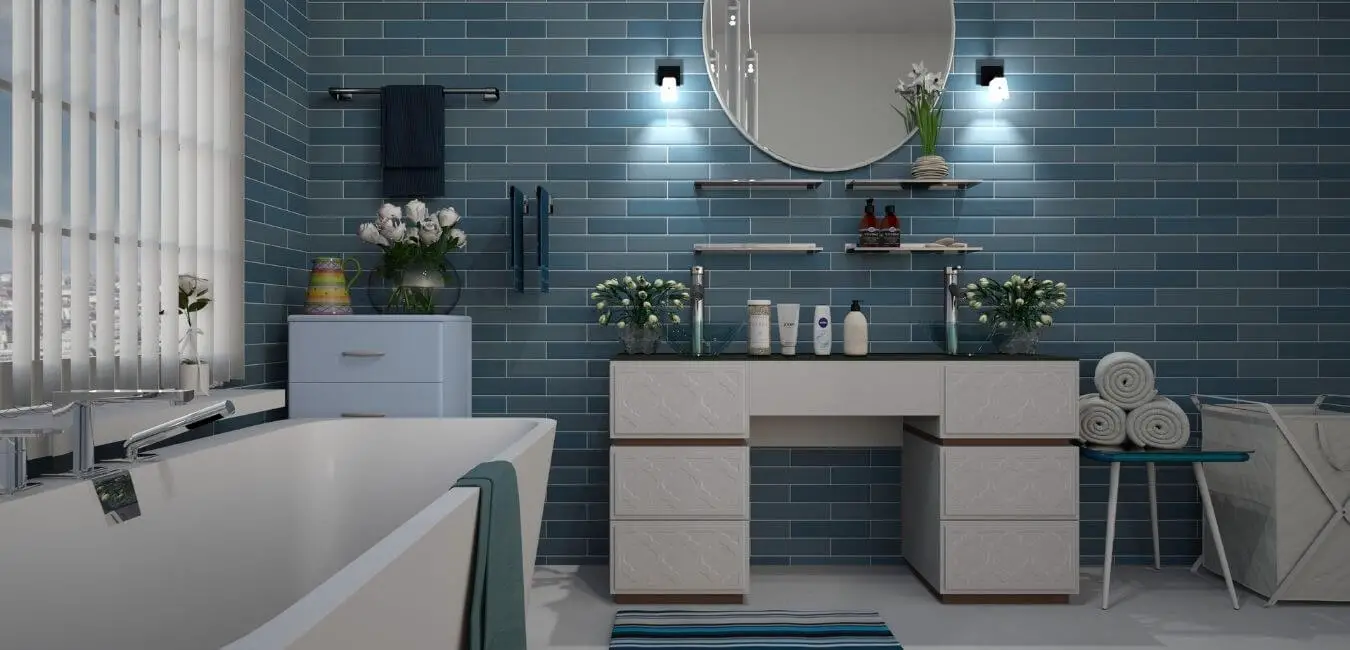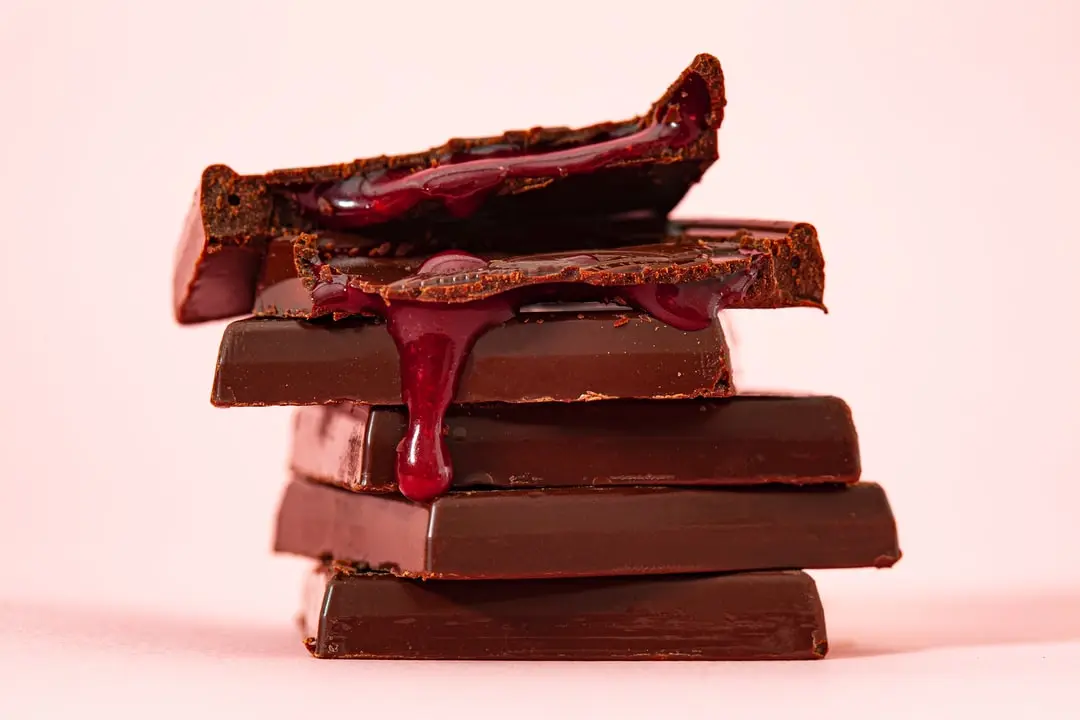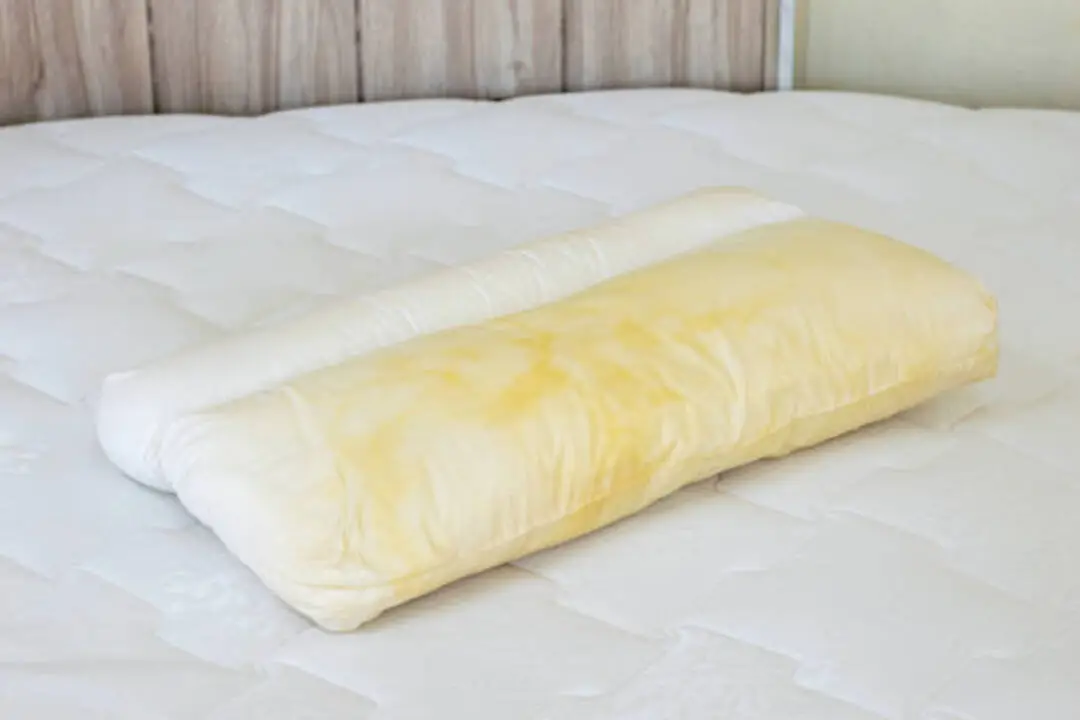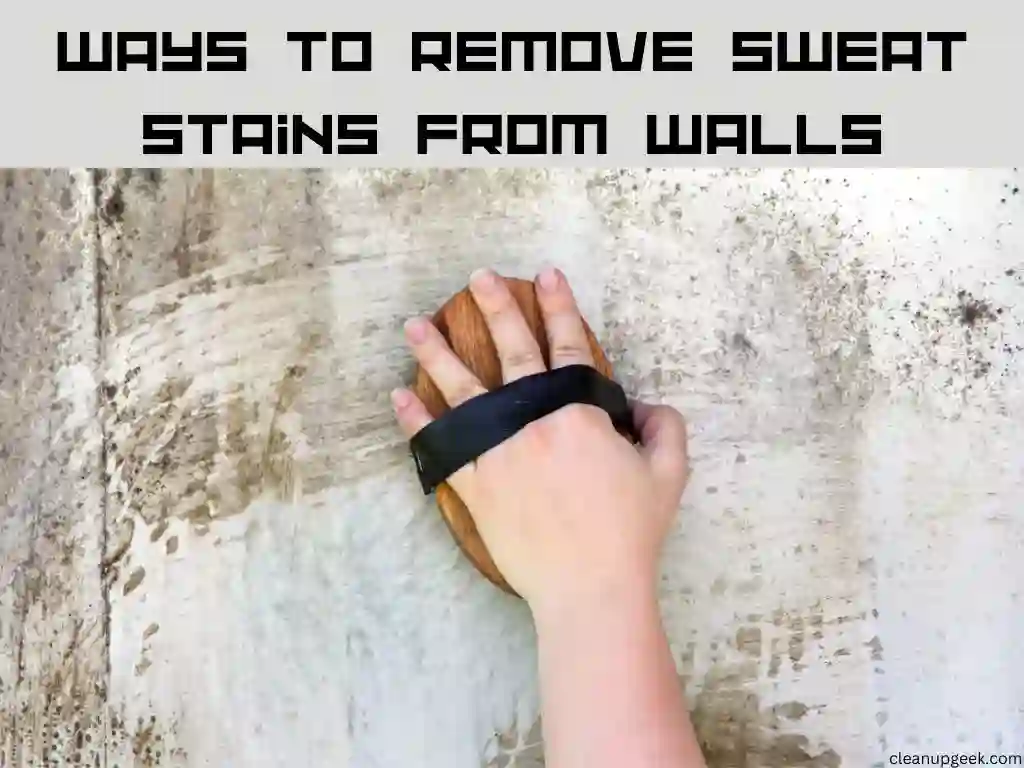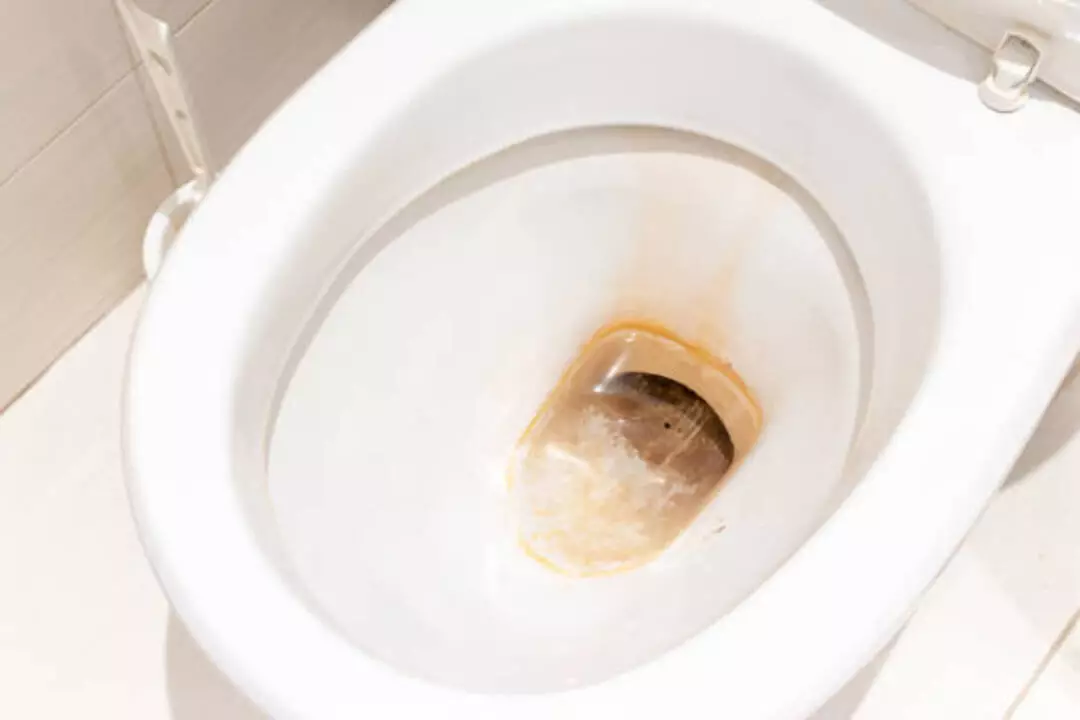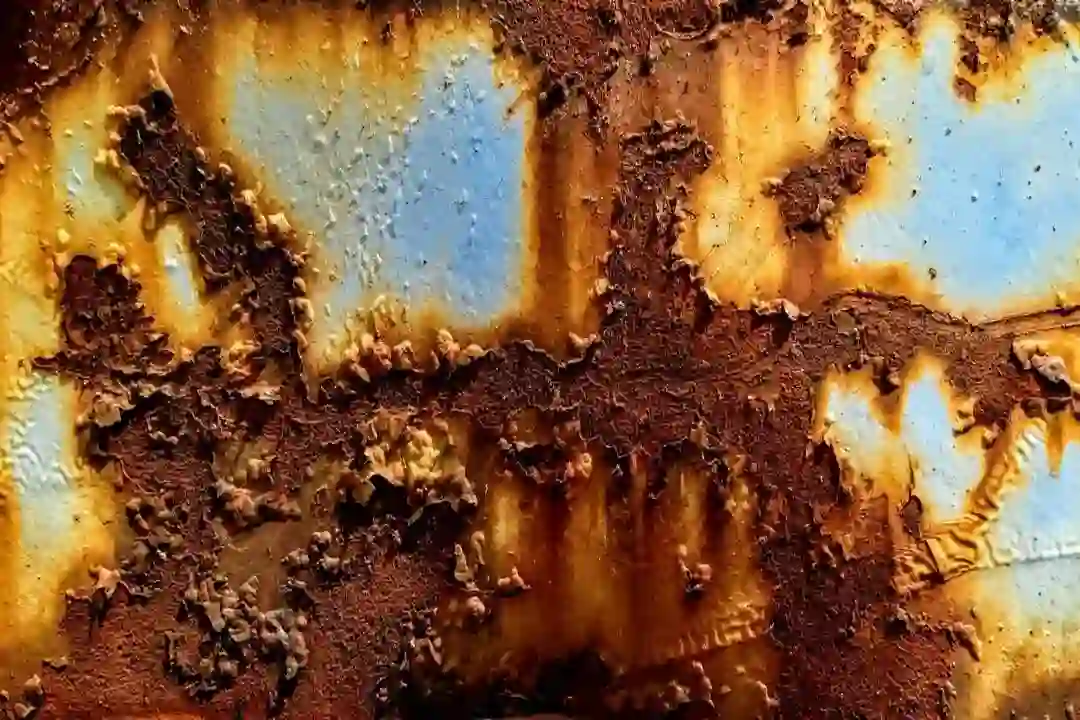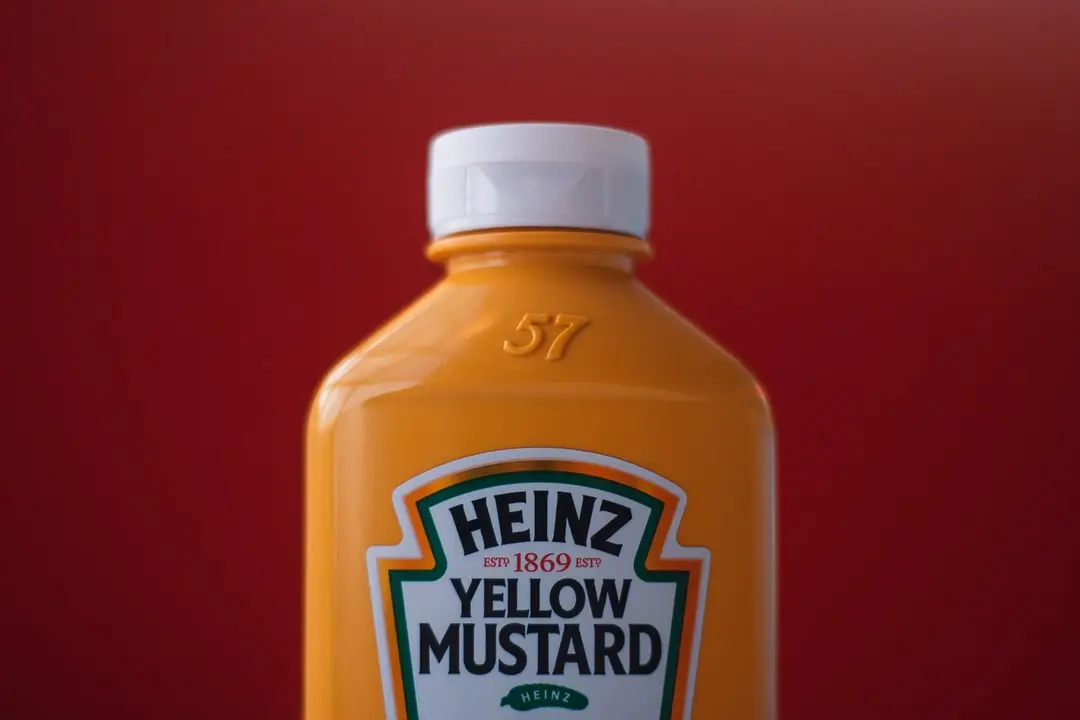Taking care of quartz countertops can be a tricky task, especially when it comes to dealing with stubborn rust stains. Did you know that traditional cleaning methods may not necessarily get rid of these pesky discolorations?
In this guide, we will shed light on the causes of these stains and discuss effective methods to restore your quartz countertop’s pristine appeal.
Let’s dive in, because who says your countertops can’t look as good as new?
KEY INFORMATION
- Rust stains on quartz countertops can be caused by metal objects, high iron content in water, or corrosive cleaning products.
- Factors to consider when removing rust stains include the type of countertop, the severity of the stain, and necessary safety precautions.
- Effective methods for removing rust stains include using mild detergents or cleaners, baking soda and vinegar, a poultice, or professional restoration services.
- Preventive measures to avoid rust stains on quartz countertops include proper sealing, regular cleaning and maintenance, and avoiding exposure to moisture and corrosive materials.
Causes of Rust Stains on Quartz Countertops
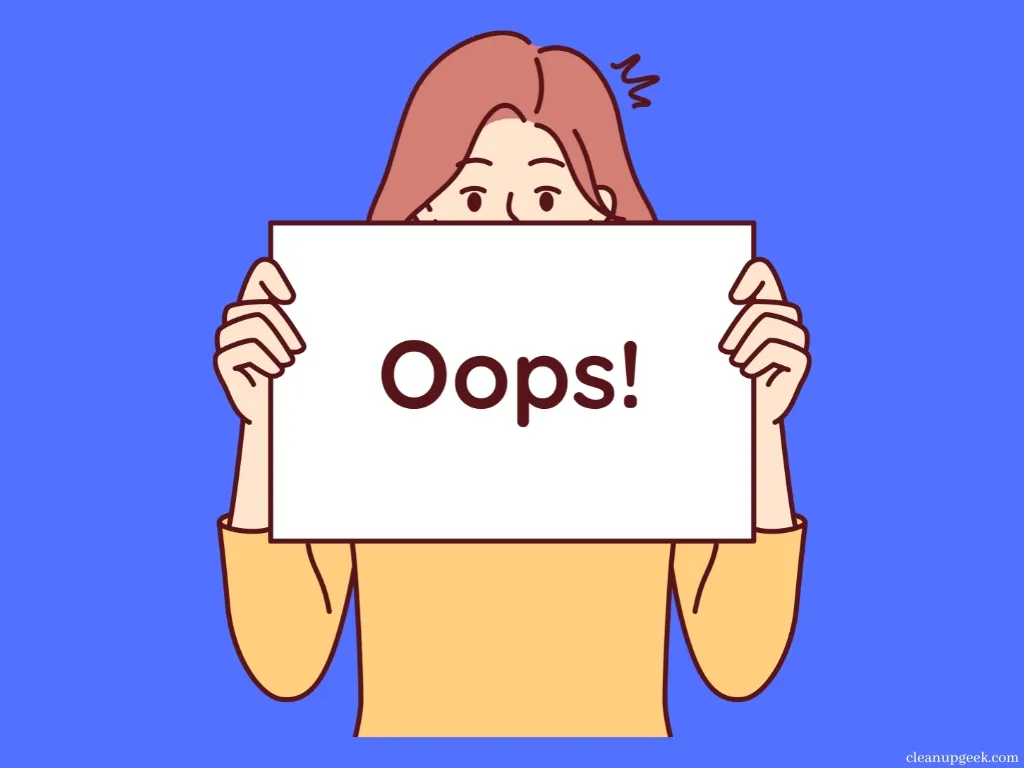
Factors such as metal particles or minerals in the water contribute to rust stains, which can be caused by exposure to moisture and corrosive materials.
Factors that contribute to rust stains
Rust stains on your quartz countertops can be a real eyesore. They are often caused by metal objects coming into contact with the countertop, especially when wet. Iron pots, pans, or utensils left on the counter can leave behind rust spots.
Small appliances like toasters or blenders can also cause this problem if their feet have rusted. Even tap water might lead to rusty patches due to the high iron content in it! So keep an eye out for these culprits causing ugly stains on your beautiful quartz countertops!
Common sources of rust on countertops
Rust stains on quartz countertops can come from various sources. Here are some common culprits:
- Metal utensils and pots: When metal comes into contact with the countertop, it can leave rust stains behind.
- Water with a high iron content: If your water has a high concentration of iron, it can cause rust stains to develop on the countertop surface.
- Rusty pipes or fixtures: Leaky pipes or rusty fixtures in your kitchen can introduce rust to your countertops.
- Corrosive cleaning products: Some cleaning products contain chemicals that are corrosive and can cause rust stains if they come into contact with the countertop surface.
- Cooking ingredients: Certain food items like tomatoes or citrus fruits have acidic properties that can react with the quartz surface and lead to rust stains.
Factors to Consider when Removing Rust Stains

When removing rust stains from quartz countertops, it is important to consider the type of countertop you have, the severity of the stain, and any necessary safety precautions.
1. Type of quartz countertop
When it comes to removing rust stains from quartz countertops, the type of quartz countertop you have is an important factor to consider. Different types of quartz countertops may have different properties and finishes that can affect how they react to cleaning methods.
It’s essential to check the manufacturer’s guidelines or consult a professional if you’re unsure about which cleaning method is suitable for your specific type of quartz countertop.
This way, you can ensure that you’re using the right products and techniques that won’t damage your countertop while effectively removing rust stains.
2. Severity of the stain
The severity of the rust stain on your quartz countertop is an important factor to consider when removing it. If the stain is light or surface-level, you may be able to remove it using mild detergents or a mixture of baking soda and vinegar.
However, if the stain is deep or has been there for a long time, you might need more aggressive methods like using a poultice or seeking professional restoration services. It’s essential to assess the severity of the stain before choosing the appropriate method for removal.
Keep in mind that some stains may be permanent and cannot be completely removed.
3. Safety precautions
When removing rust stains from quartz countertops, it is important to take some safety precautions. Firstly, make sure to wear gloves to protect your hands from any chemicals or cleaning agents that you may be using.
Avoid using abrasive scrubbing pads or brushes as they can scratch the surface of the countertop. Instead, opt for a soft cloth or sponge. Additionally, when using any cleaning solutions or products, always read and follow the instructions carefully to ensure safe use.
Remember to work in a well-ventilated area and avoid inhaling any fumes. If you’re unsure about the best method for removing rust stains on your specific type of quartz countertop, it’s always recommended to consult a professional restoration service for assistance.
Methods of Removing Rust Stains on Quartz Countertops
Watch this Video
Title: How To Clean Stain or Rust Marks From Quats Countertops
There are several effective methods for removing rust stains on quartz countertops, including using mild detergents or cleaners, baking soda and vinegar, a poultice, or professional restoration services.
1. Using mild detergents or cleaners
To remove rust stains from quartz countertops, you can start by using mild detergents or cleaners. These gentle cleaning products will help break down the rust and lift it off the surface of the countertop.
Make sure to choose a cleaner that is specifically designed for use on quartz surfaces, as harsh chemicals can damage the material. Simply follow the instructions on the cleaner and use a soft cloth or sponge to apply it to the stained areas.
Gently scrub in a circular motion until the rust stain is gone. Rinse with water and dry thoroughly. This method is effective for light to moderate rust stains on quartz countertops.
2. Using baking soda and vinegar
To remove rust stains from your quartz countertops, you can try using a mixture of baking soda and vinegar. This combination can be effective in lifting the stains and restoring the countertop’s appearance.
Start by creating a paste with equal parts baking soda and vinegar. Apply the paste to the stained areas and let it sit for about 10–15 minutes. Then, gently scrub the area with a soft cloth or sponge in a circular motion.
Rinse thoroughly with water and dry the countertop with a clean cloth. Remember to test this method on an inconspicuous area first to ensure it doesn’t damage or discolor your quartz countertops.
3. Using a poultice
To remove stubborn rust stains from your quartz countertops, you can try using a poultice. A poultice is a mixture of a cleaning agent and an absorbent material that helps draw out deep-set stains.
To make a poultice for rust stain removal on quartz, mix equal parts of hydrogen peroxide and baking soda to create a thick paste. Apply the paste directly to the stained area and cover it with plastic wrap.
Leave it on for several hours or overnight so that the mixture can work its magic by lifting the stain out of the countertop surface. Afterward, gently wipe away the poultice with warm water and dry thoroughly.
Remember to always test any cleaning solution or method in a small, inconspicuous area before applying it to your entire countertop surface. This will help ensure that there are no adverse reactions or damage caused by the cleaning agent.
Poultices can be an effective way to remove tough rust stains from your quartz countertops if other methods have been unsuccessful.
4. Professional restoration services
If the rust stains on your quartz countertops are stubborn and difficult to remove, you may want to consider professional restoration services. These experts have the knowledge and experience to effectively eliminate rust stains from your countertops using specialized techniques and products.
They can assess the severity of the stain and determine the best course of action for its removal. Trusting professionals will save you time and effort, ensuring that your quartz countertops will look as good as new in no time.
Preventive Measures for Avoiding Rust Stains on Quartz Countertops
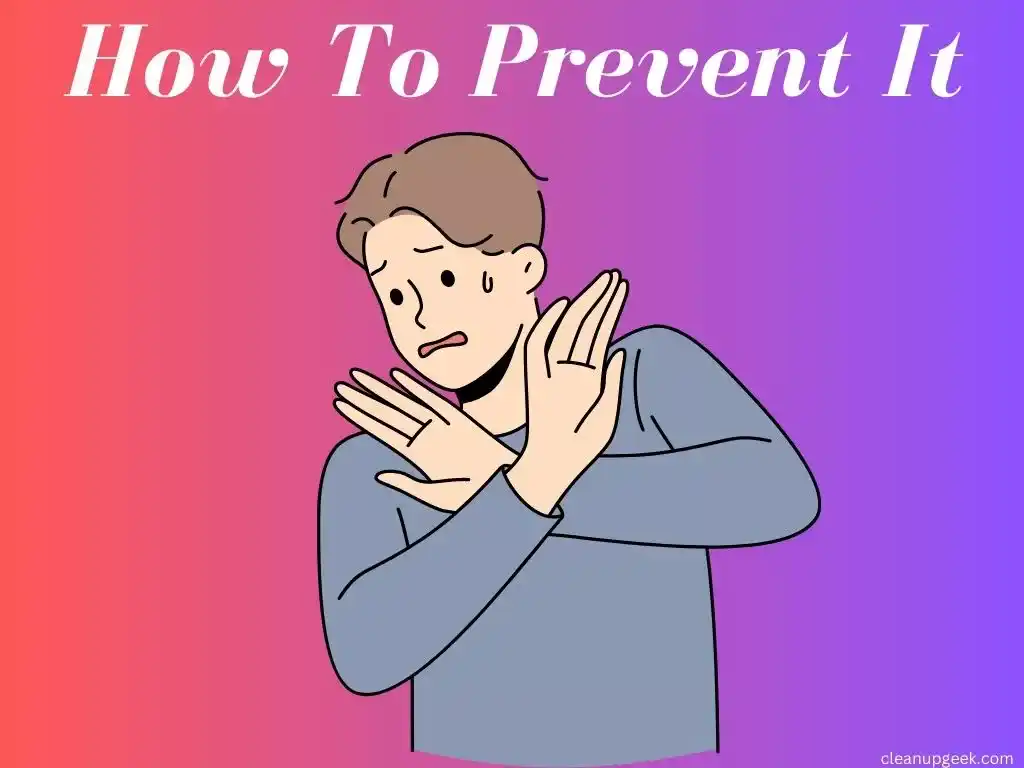
To avoid rust stains on your quartz countertops, make sure to properly seal them, regularly clean and maintain them, and avoid exposing them to moisture and corrosive materials.
1. Proper sealing of countertops
To prevent rust stains on quartz countertops, it is important to properly seal the surface. Sealing helps create a barrier that prevents moisture and corrosive materials from penetrating the quartz.
This protective layer makes it easier to clean and maintain the countertop, reducing the risk of stains. Regularly check if the sealant needs to be reapplied by performing a simple water droplet test.
If the water beads up on the surface, then the countertop is still well-sealed. However, if water soaks into the quartz, it’s time to reseal it using a high-quality sealer specifically designed for natural stone surfaces like quartz.
2. Regular cleaning and maintenance
To keep your quartz countertops looking their best and to prevent rust stains, regular cleaning, and maintenance are essential. Clean the countertops daily with a mild dish soap and warm water solution.
Use a soft cloth or sponge to gently scrub the surface in circular motions. Rinse thoroughly with clean water and dry with a soft towel.
For tougher stains, like rust or hard water stains, you can make a paste using baking soda and water. Apply the paste to the stained areas and let it sit for about 10 minutes before gently scrubbing with a nylon brush or pad.
Rinse well and dry completely.
It’s important to avoid using abrasive cleaners or scouring pads on quartz countertops, as they can scratch the surface. Also, be cautious when handling acidic substances like lemon juice or vinegar as they can etch the stone over time.
3. Avoiding exposure to moisture and corrosive materials
To prevent rust stains on your quartz countertops, it’s important to avoid exposing them to moisture and corrosive materials. Moisture can seep into the porous surface of the quartz and cause rusting over time.
To keep your countertops dry, make sure to wipe up any spills immediately and use coasters under glasses or cups.
In addition, be cautious with corrosive substances like bleach or strong cleaning chemicals. These can damage the protective sealant on your countertops, making them more susceptible to rust stains.
Instead, opt for mild detergents or cleaners specifically designed for quartz surfaces when cleaning your countertops.
Frequently Asked Questions

1. What are some effective methods for removing rust stains on quartz countertops?
You can remove rust stains from quartz countertops using different cleaning solutions or specific stain removal methods found in a comprehensive guide.
2. How do I prevent rust stains on my quartz countertop?
There are many preventive measures you can take to stop the appearance of rust stains, such as regular cleaning and maintaining your quartz countertops.
3. Can I clean a rust stain off my quartz countertop by myself?
Yes! There are several ways to remove stains from your countertops at home, including getting rid of countertop rust stains yourself.
4. What causes rust stains on quartz countertops?
Water or metal objects left too long on the surface may cause these types of blemishes.
5. Is it important to think about certain things when trying to remove the stain?
Yes! It’s best to consider factors that might affect how you tackle removing the stain from your quartz surfaces.
Conclusion and final thoughts
In conclusion, removing rust stains from quartz countertops can be done effectively by considering the type of countertop and the severity of the stain.
By using mild detergents or cleaners, baking soda and vinegar, or a poultice, you can successfully remove the stains.
It is also important to take preventive measures such as proper sealing, regular cleaning, and avoiding exposure to moisture and corrosive materials.
By following these methods and tips, you can keep your quartz countertops clean and free from rust stains.
